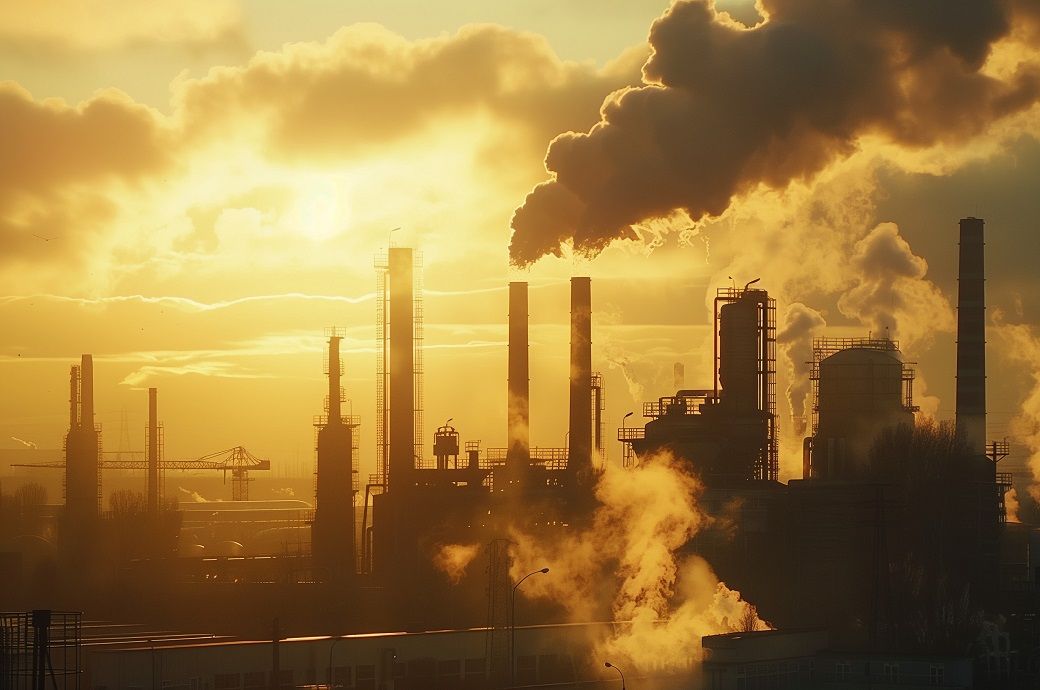
A significant aspect of the regulation is the use of global monitoring tools to ensure transparency regarding methane emissions from imports of oil, gas, and coal into the European Union (EU). Operators will now be required to measure methane emissions at the source level and produce monitoring reports, which will be verified by independent accredited entities.
Member states will maintain and regularly update inventories of all wells and develop mitigation plans for inactive wells to prevent public health and environmental risks associated with methane emissions. National authorities are tasked with conducting periodic inspections to ensure operators comply with the regulation’s requirements, including taking necessary remedial actions, the European Council said in a press release.
Under the new rules, operators must detect and repair methane leaks by conducting surveys of different infrastructure types at specified intervals. Any component with methane leaks above certain levels must be repaired or replaced immediately upon detection, and no later than five days thereafter. The regulation sets a 30-day deadline for complete repairs.
Additionally, the regulation bans venting and flaring methane from drainage stations by 2025 and from ventilation shafts by 2027, except in cases where it is strictly necessary or due to emergencies or malfunctions. Methane emissions from the EU’s energy imports will also be monitored, with new global tools increasing transparency around emissions from imported oil, gas, and coal.
The regulation will come into effect on the twentieth day following its publication in the Official Journal of the EU. The European Commission will review the regulation’s application in 2028, assessing the level of emissions reduction achieved.
“Methane, a short-lived climate pollutant up to 30 times more potent than CO2, is the second most important greenhouse gas. To meet the Paris Agreement's goal of limiting global warming to 1.5 degrees Celsius and achieving climate neutrality by 2050, we must cut methane emissions in the oil, gas, and coal sectors. This legislation ensures proper monitoring and addressing of emissions across these value chains,” said Tinne Van der Straeten, Belgian minister for energy.
Fibre2Fashion News Desk (DP)